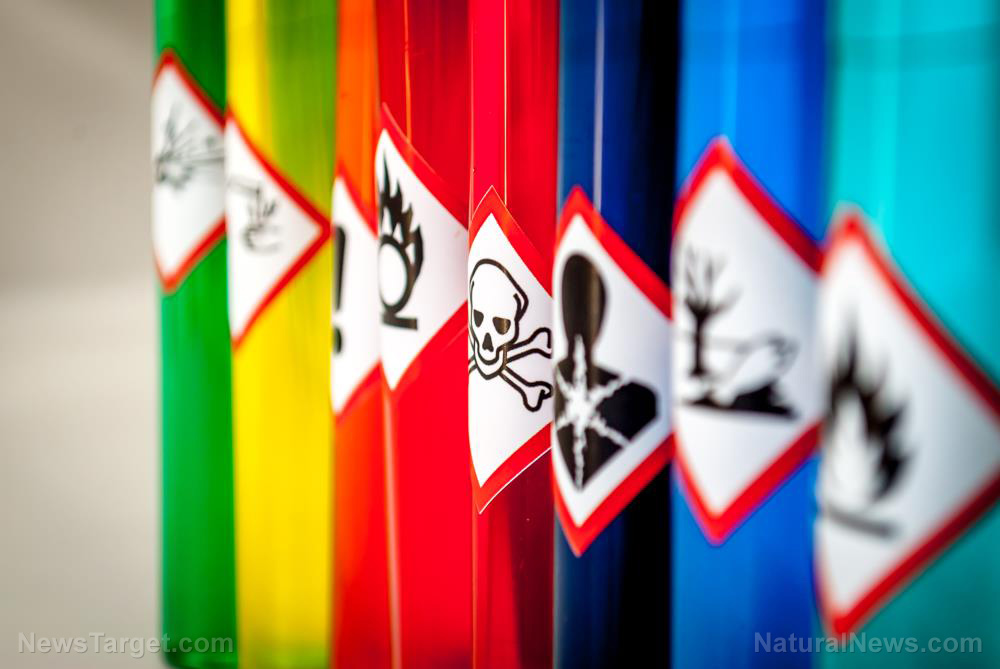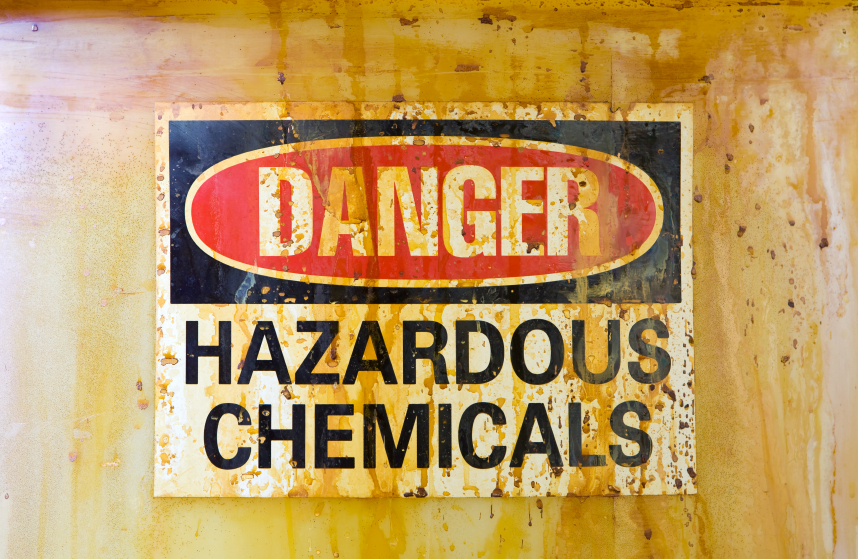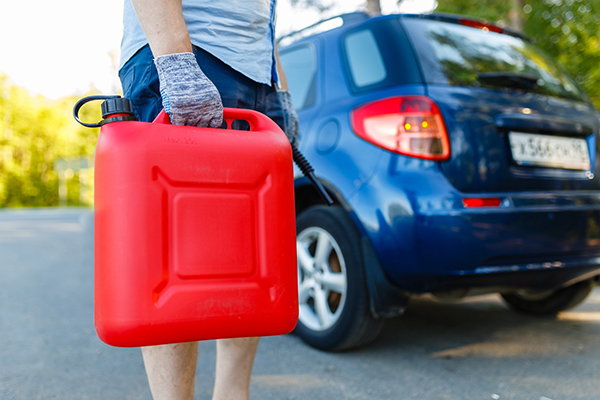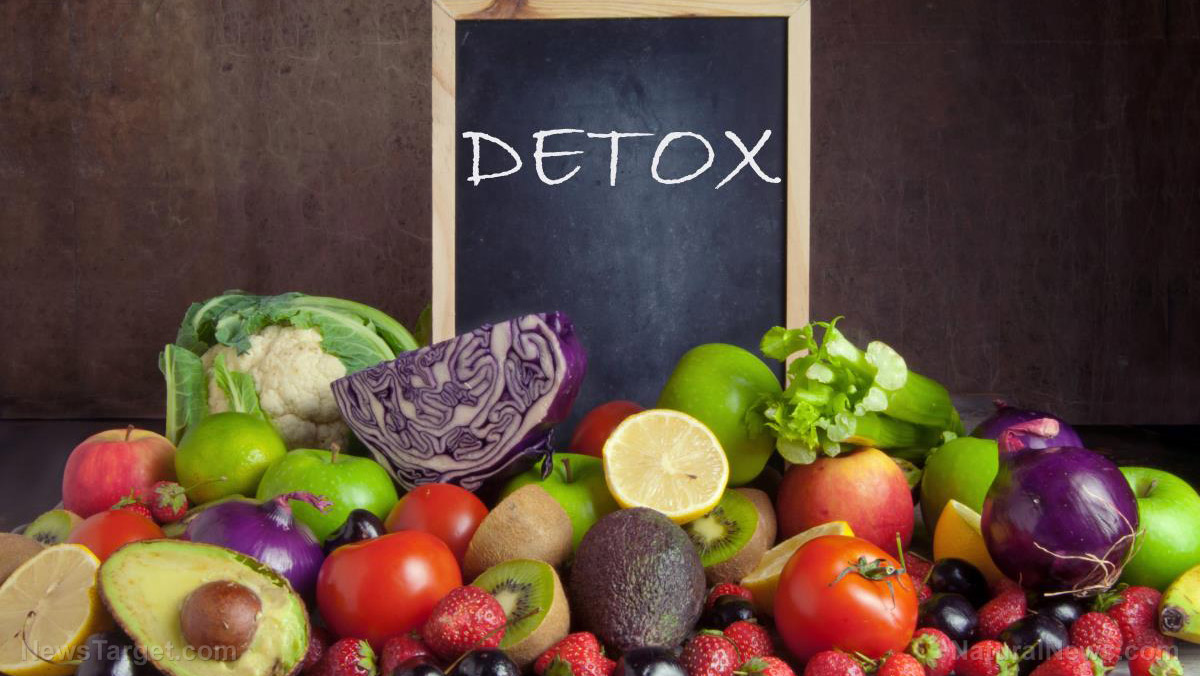Some popular metal water bottles contain components with up to 1,100 TIMES the level of lead legally allowed, reveals watchdog
02/16/2023 / By Zoey Sky

Reusable water bottles are becoming more popular because they are better for the environment. Using metal water bottles can help reduce the plastic waste you produce since it eliminates the need to buy bottled water and they can preserve the temperature of hot or cold drinks.
But according to a consumer watchdog investigation, one popular brand of metal water bottles has been found to pose a risk of lead poisoning.
An insulated Bindle bottle preserves the liquid’s temperature. The trendy bottle unscrews at the bottom to reveal a compartment for snacks or small items like keys and credit cards.
According to Consumer Reports (CR), Bindle metal water bottles have a small dot on the bottom that contains 10 percent lead.
The results of product safety tests conducted by the consumer advocacy group revealed that the bottles contained approximately 1,100 times the level of lead legally allowed in many consumer products. The group also reported that the bottles contained bisphenol A (BPA), a chemical linked to fertility issues and certain kinds of cancer.
Due to the safety risks linked with the use of these lead-laden bottles, Consumer Reports warned people to stop using them. The organization has also alerted the federal Consumer Product Safety Commission to conduct a more detailed examination of Bindle’s double wall water bottles. (Related: Roughly 87,000 Disney-themed clothes for children RECALLED over lead poisoning risk.)
Green Sprouts, another bottle manufacturer, recalled thousands of water bottles and sippy cups for potentially exposing children to lead.

Experts warn that even low levels of lead exposure can cause severe health problems like shortened attention span and some learning disorders, lower IQ, slowed growth in children and cardiovascular and respiratory problems. Worse, in higher concentrations, lead exposures have been linked to seizures, permanent nerve and brain damage and death.
Exposure to BPA may harm female reproductive system
Experts also found that the color coating surrounding two bottles contained BPA.
Ashita Kapoor, an associate director of product safety at CR who oversaw the tests on Bindle products, warned that since the powder coat is in direct contact with the skin while holding the bottle, “exposure to BPA may harm the female reproductive system.”
Testing by Consumer Reports found that the lead content of the “sealing dot” used to seal the vacuum that keeps the contents of Bindle bottles cold or hot, ranged from 90,800 parts per million to 155,000 parts per million.
Lead solder is a common component of bottles like Bindle’s products, but it is usually with other food-grade materials. However, in Bindle water bottles that dot is exposed, warned CR.
Meanwhile, Bindle acknowledged the issue last Feb. 9, saying that it is taking the matter “very seriously” and are taking steps to quickly resolve the issue.
Despite the shocking results of the investigation, Bindle claimed that “the small area of lead poses negligible risk to the health and safety of users.” Aside from offering existing customers a full refund, Bindle also announced that it is working to retrofit the bottles to cover the lead dot on existing bottles.
The company will also redesign future bottles in an attempt to prevent the issue with the lead dots.
Green Sprouts’ recall last year also stemmed from a similar issue with their products. The bottom base of their bottles could break off, exposing a solder dot made with lead.
The voluntary recall covered more than 10,000 units of Green Sprouts products.
Consumer Reports decided to probe claims that Bindle bottles contained lead after receiving a tip from Tamara Rubin, blogger of the website “Lead Safe Mama.” Rubin conducted her own test on the bottles using a lead-check swab that is available at many major retailers like Amazon and Home Depot.
In an entry published last Jan. 3, Rubin claimed that the LeadCheck reactive agent test swab she used on a bottle revealed that the swab started to turn pink before she touched it to the sealing dot. She explained that the change happened because there is microparticulate lead all over the interior of the compartment.
Like other startups, Bindle launched on Kickstarter where it garnered a cash infusion of around $40,000 in 2017.
In 2018, the company got a major boost after it was featured on Oprah’s Favorite Things list. The brand took off because it had a savvy social media presence and marketing strategies that included Instagram posts featuring attractive young people bringing the metal water bottles along for hikes or on trips to the beach.
Bindle also marketed itself as an eco-friendly product with the aim of “cutting down on the consumption of single-use plastics in everyday life.”
Visit HeavyMetals.new for more tips on how to avoid products that contain unsafe amounts of lead.
Watch the video below to know more about lead and other heavy metals detected in baby food.
This video is from The Mercury Channel channel on Brighteon.com.
More related stories:
Lifetime exposure to lead linked to greater dementia risk.
Sources include:
Submit a correction >>
Tagged Under:
This article may contain statements that reflect the opinion of the author


















